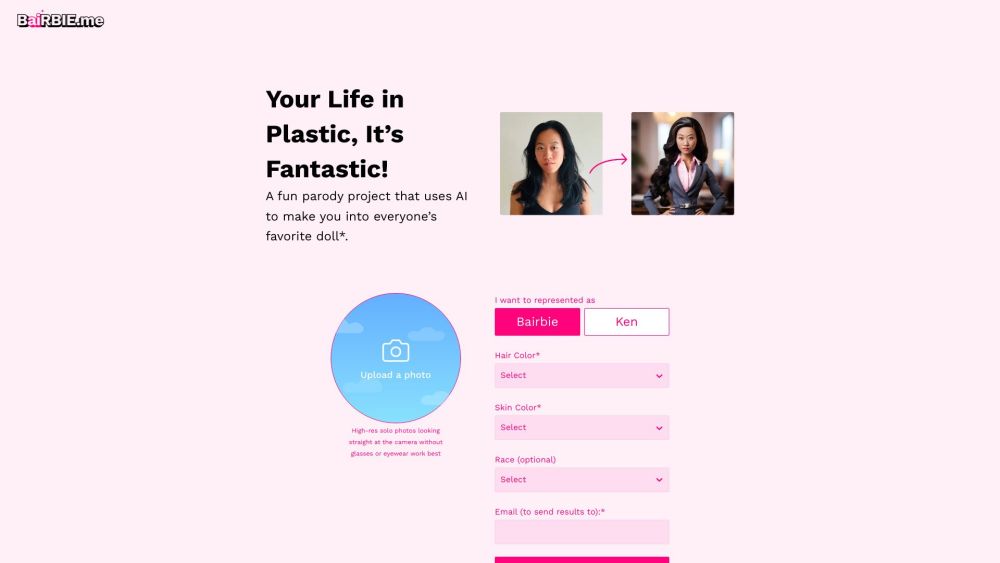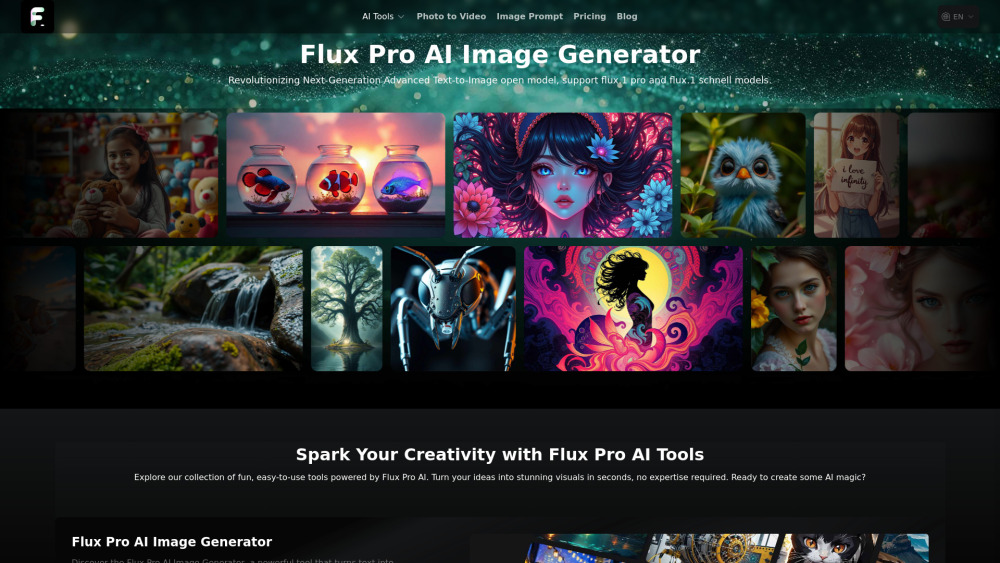Following the recent lawsuit by the Recording Industry Association of America (RIAA) against music generation startups Udio and Suno, Suno acknowledged in a court filing on Thursday that it trained its AI model using copyrighted songs. However, the company contends that this practice falls under the fair-use doctrine.
The RIAA initially sued Udio and Suno on June 24, claiming that both companies utilized copyrighted music to train their models. Although Suno’s investors had previously hinted that the startup lacked permission from music labels for this use, Thursday's filing made this admission more explicit.
“It is no secret that the tens of millions of recordings that Suno’s model was trained on presumably included recordings whose rights are owned by the Plaintiffs in this case,” stated the filing.
In conjunction with the legal filing, Suno's CEO and co-founder, Mikey Shulman, posted on the company blog, explaining, “We train our models on medium- and high-quality music available on the open internet...Indeed, much of the open internet contains copyrighted materials, some of which are owned by major record labels.”
Shulman further argued that training its AI model using publicly available data parallels a “kid writing their own rock songs after listening to the genre.” He emphasized, “Learning is not infringing. It never has been, and it is not now.”
The RIAA swiftly responded to Shulman’s assertions: “This is a major concession of facts they spent months trying to conceal, only admitting under the pressure of a lawsuit. Their large-scale infringement does not meet the criteria for ‘fair use.’ There’s nothing fair about stealing an artist’s life’s work, extracting its value, and repackaging it to compete directly with the originals... Their vision of the ‘future of music’ apparently includes a world where fans can no longer enjoy music from their favorite artists because those artists can’t earn a living.”
The issue of fair use has always been complex, but with AI model training, even established legal principles may not fit. The outcome of this ongoing case could set a significant precedent, potentially shaping not only the futures of Udio and Suno but also wider implications for the music industry.




